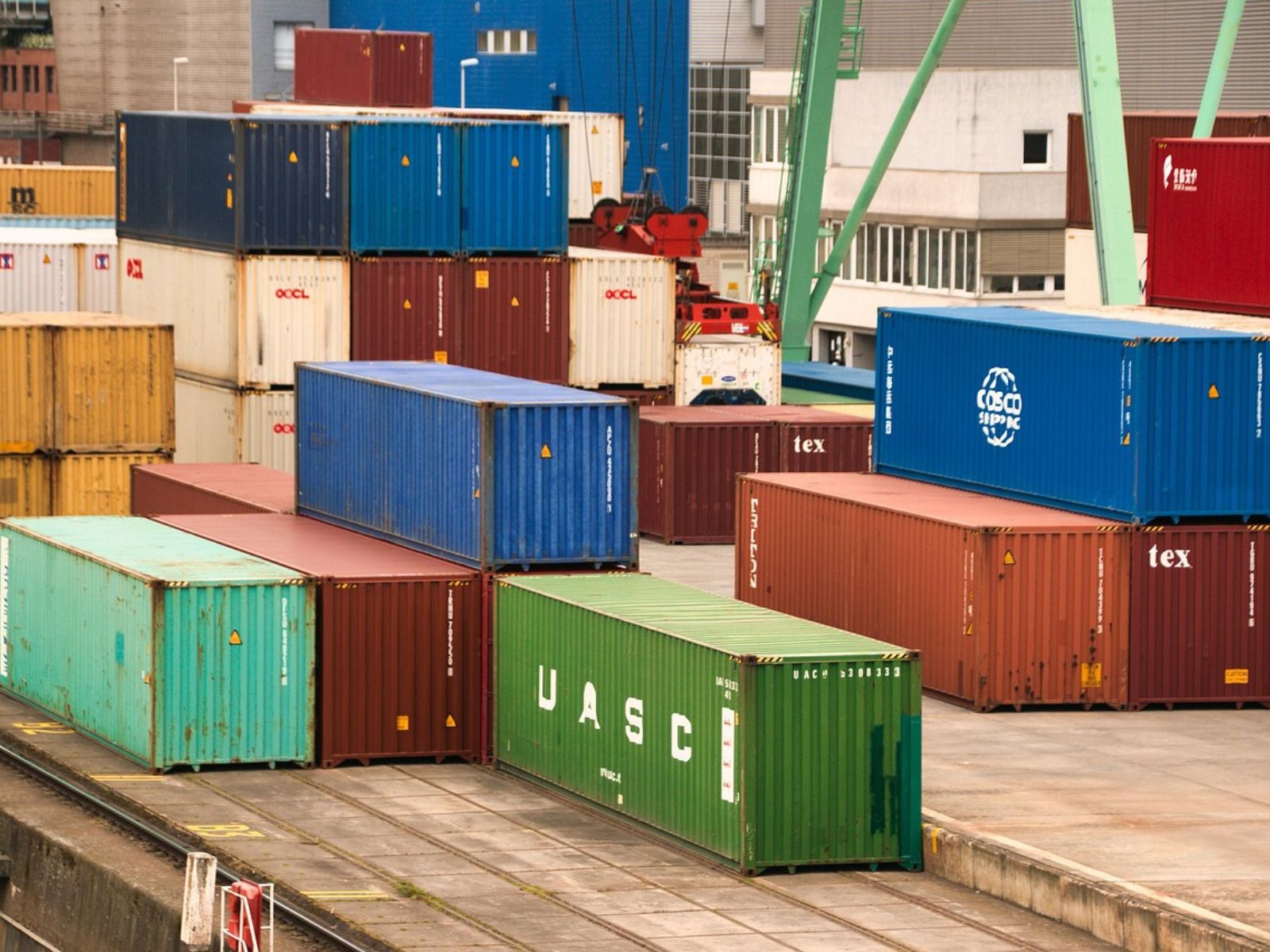
Guyana Lawmaker Authors Op-Ed About Legalization’s Benefits

Guyana Lawmaker Authors Op-Ed About Legalization’s Benefits
The Republic of Guyana, a country in South America, is home to cannabis prohibition policies that may not be as harsh as in other nations, however, there is still considerable room for improvement.
Guyana’s Narcotic Drugs and Psychotropic Substances Control (Amendment) Bill of 2021 removed prison sentences for consumers found in possession of 30 grams or less of cannabis. Consumers caught with more than 30 grams still face potential prison time.
Hon. Jermaine Figueira MP JP, a member of Guyana’s Partnership for National Unity (APNU) + Alliance for Change (AFC), represents Region 1 in Guayana’s Parliament. The lawmaker recently issued an op-ed in which he touted the benefits of Guyana further modernizing the nation’s cannabis policies, particularly as it pertains to a regulated industry.
“The world is changing and it is changing very fast due to factors such as climate change, artificial intelligence, improved technologies, social media platforms, wars and even in terms of what was not acceptable as legal, customs and norms. One such global perspective on “marijuana” has shifted dramatically and rightfully so in recent years, moving from strict prohibition to varying degrees of legalization and acceptance.” Figueira wrote in an op-ed published by Stabroek News.
“Countries like the Netherlands, the United States, Antigua, and Jamaica to name a few, have all witnessed significant economic benefits following the legalization, cultivation and sale of marijuana.” the lawmaker also wrote.
Cannabis is currently legal for adult use at the national level in Uruguay, Canada, Malta, Luxembourg, Germany, and South Africa, although recreational cannabis commerce remains prohibited in Luxembourg and South Africa.
According to a recent study conducted by researchers from Ukraine and France, and published by the U.S. National Institute of Health, 57 countries have adopted medical cannabis legalization measures.
“Drawing on the experiences of these countries, Guyana will learn to tap into the high potential economic gains and its spin off benefits once it moves away from its present backwardness when it comes to this economic/money crop.” Figueira’s op-ed stated.
“Guyana, equally with its rich cultural heritage and natural beauty, could develop a merger of its eco/ cannabis tourism sector that will create thousands of jobs and attract millions of international visitors annually, boosting local businesses and generating additional revenue.” he also wrote.
“States like Colorado and Washington have demonstrated how a well-regulated market can generate substantial tax revenue and reduce criminal justice costs. Our country can learn from these regulatory frameworks to establish our own robust legal and economic structures.” Figueira concluded.
Share article


Share article
Join Our Awesome Community
Join Our Awesome Community
Join Our Awesome
Community
Get all the latest industry news
delivered to your inbox




